411
The One Challenge Holding Back a Basic Income Grant in South Africa

Follow Joburg ETC on Facebook, Twitter , TikTok and Instagram
For more News in Johannesburg, visit joburgetc.com
Published
2 months agoon
By
zaghrah
Thousands of South African healthcare professionals have breathed a sigh of relief following confirmation that the President’s Emergency Plan for AIDS Relief (Pepfar) is exempt from former US President Donald Trump’s executive order halting foreign aid to the country.
Uncertainty Over Pepfar Funding
Trump’s broader executive order last week sent shockwaves through South Africa’s healthcare sector, casting doubts over the future of vital HIV/AIDS programs that depend on Pepfar funding. The US contributes significantly to South Africa’s battle against the epidemic, with over R140 billion in funding provided over the past two decades.
Given that South Africa has the highest HIV/AIDS population globally—approximately 7.8 million people—Pepfar’s contributions have been critical in maintaining healthcare services. In the 2023/24 financial year alone, the US contributed around 17% of South Africa’s R44.4 billion HIV/AIDS budget.
US Government Confirms Pepfar Exemption
Following backlash over the funding freeze, US Secretary of State Marco Rubio signed a waiver allowing “life-saving and humanitarian” aid to resume. The US embassy has since confirmed that Pepfar falls under this exemption.
However, not all Pepfar-supported activities will resume. The waiver does not cover abortion services, family planning, gender and diversity programs, or transgender surgeries.
By Monday evening (10 February), South African implementing partners began receiving official letters from USAID and the CDC with instructions on how to apply for funding resumption.
Relief for Healthcare Workers
The exemption comes as a major relief for over 15,300 healthcare professionals whose jobs were at risk. This includes doctors, nurses, pharmacists, data capturers, and technical experts—many working in communities hardest hit by the HIV/AIDS crisis.
Health Minister Aaron Motsoaledi had previously warned that freezing Pepfar funds would deepen South Africa’s ongoing healthcare crisis, as the country already faces severe budget constraints.
While the exemption is good news, it also raises concerns about South Africa’s heavy reliance on foreign aid to fund critical healthcare services.
Calls for Financial Accountability
Dr. Aslam Dasoo, spokesperson for the Universal Healthcare Access Coalition (UHAC), has been outspoken about the financial mismanagement within South Africa’s healthcare system. He argues that the country should not need to rely on Pepfar, as billions are lost annually due to corruption and inefficiency.
“The R12 billion in Pepfar funding that was temporarily frozen is a fraction of what our provincial health departments waste each year. Most provinces—except the Western Cape—have a track record of losing billions to mismanagement,” said Dasoo.
He estimated that South Africa could save up to R60 billion annually if provinces improved financial accountability. “With that amount, we could fund not just our own HIV/AIDS programs but support the entire African continent,” he added.
A Temporary Fix to a Bigger Problem
While Pepfar’s exemption from Trump’s aid freeze is a significant relief, it also highlights deeper structural issues in South Africa’s healthcare funding. Unless the government implements stronger financial oversight and reduces reliance on foreign aid, the country’s healthcare system will remain vulnerable to external decisions beyond its control.
Trump’s Foreign Aid Ban Exempts South Africa’s Pepfar HIV Program—For Now
Follow Joburg ETC on Facebook, Twitter , TikTok and Instagram
For more News in Johannesburg, visit joburgetc.com
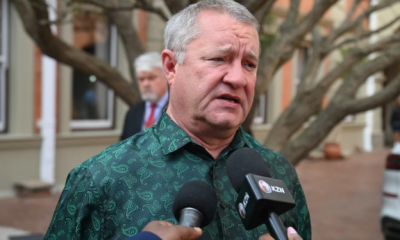

KZN Eyes Online Gambling Tax as a New Source of Provincial Income
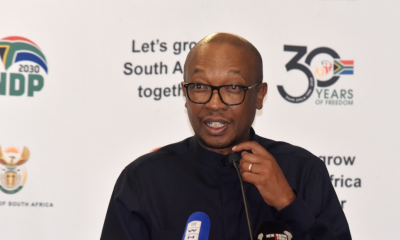

South Africa’s R100 Billion Black Business Fund Faces Backlash: Will It Work?
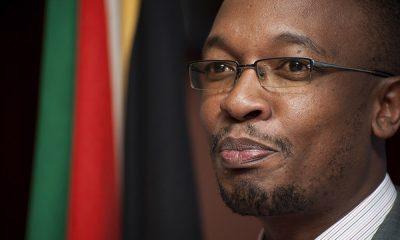

R100 Billion Transformation Fund Sparks Debate Over Corruption Risks
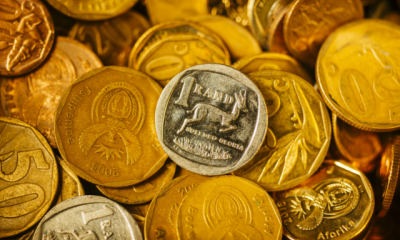

South Africa’s Tax Base on the Brink: Experts Warn of Potential Collapse


Why South Africa’s Job Gains Are Too Weak to Boost the Struggling Economy
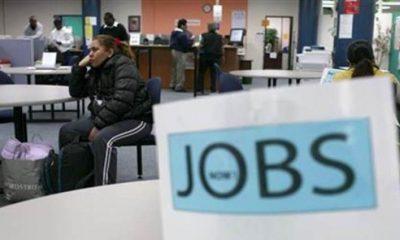

Trade and Transport Sectors Help Stem Job Losses as South Africa’s Formal Employment Declines Slightly















